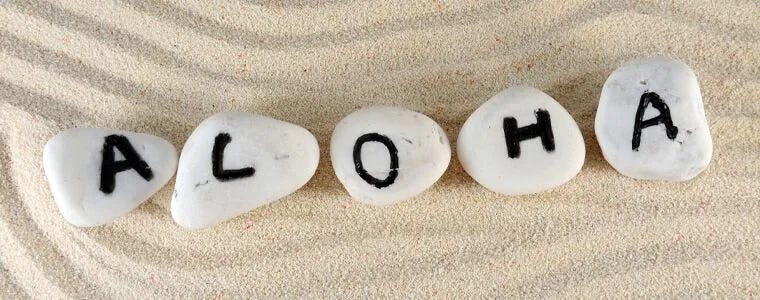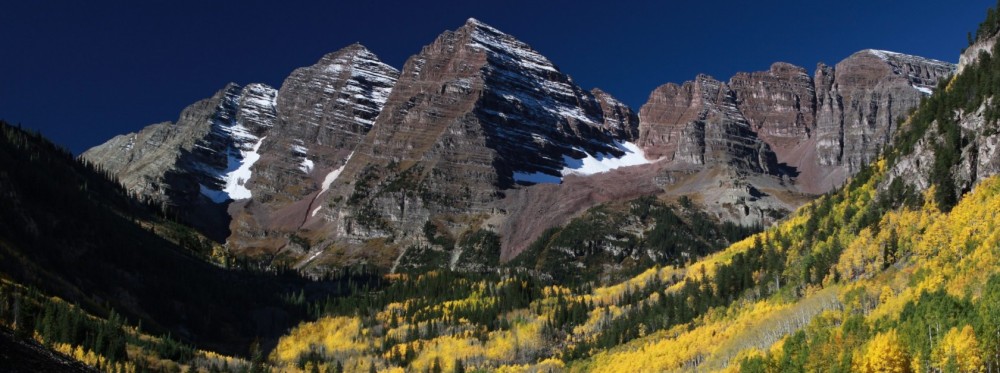
In 2008, the United States Supreme Court decided in the Heller case that the Second Amendment right to bear arms applies not just to militias, but also to individual people. While militias are mentioned in the Amendment, the noun to which the right is granted is the “people.”
Individuals are “people.”
After Heller, much teeth-gnashing and garment-rending ensued from the left. They had hoped that the Second Amendment applied only to militias. There being essentially no legal militias in the country anymore, that would mean the Second Amendment would apply to nobody.
And so, nobody could have guns. Well, nobody could have guns legally. Anyone with a gun would be in possession of it illegally. (You know where I’m going with this.) Such illegal possession of a gun would be outside the law. The possessor would be an outlaw. When guns are outlawed, only outlaws will have guns.
You gotta admit, that’s a pretty good line.
Heller has been the law of the land for the 15 years since it was decided. (And arguably was the law of the land before then too. The Supreme Court for a couple of centuries had not said otherwise – they mostly dodged making a decision whenever the question came up.)
Ah, but then came along another Supreme Court. Namely, the Supreme Court of Hawaii. Call them the Aloha Court since, as we’ll see, they sort of call themselves that.
Like other states, Hawaii has a state constitution. It’s a relatively recent one since Hawaii is a relatively recent state. It dates to just 1949. The Hawaii state constitution contains a parallel to the Second Amendment. In fact, the Hawaii parallel is identical to the Second Amendment with the exception of a couple of inconsequential commas.
Hawaii nonetheless has a state law restricting the carrying of firearms. A Hawaii resident disobeyed that law. He was prosecuted. His defense was that the state law was in violation of the Supreme Court’s decision in Heller. His case went up to the Aloha Court.
The Aloha Court held that the language of the Hawaii constitutional provision that is identical to the Second Amendment should not be construed in the same way that the Supreme Court had construed the Second Amendment. It should be construed more narrowly. “People” should mean “militias.” On that narrow construction, the defendant lost since standing alone he was not a militia.
Fine. It’s a bit odd for state judges to conclude that language in their state constitution should be construed differently than the Supreme Court construes identical language in the U.S. Constitution. But it’s not impossible. The state constitution and the U.S. Constitution are different documents with different drafters, different aims, and different circumstances.
But deciding that the Hawaii constitution did not protect the defendant is not enough to dispose of the case.
The defendant still has the protections of the U.S. Constitution. Every citizen of the United States is protected by the Bill of Rights to the U.S. Constitution, i.e. the first ten amendments, including the Second. The Aloha Court was therefore obligated to consider the Second Amendment itself, not just Hawaii’s parallel language in its own state constitution.
That should have made for an easy decision. Heller says the defendant wins. Indeed, that’s what the lower court said in Hawaii.
The Aloha Court said otherwise. First, they said the U.S. Supreme Court’s decision in Heller was wrong. But the job for lower courts is not to criticize Supreme Court decisions; their job is simply to apply them to the case at hand. U.S. Supreme Court constitutional decisions can be overruled by only the Supreme Court itself.
The Aloha Court gave lip service to the bedrock principle that a Hawaii resident was entitled to the protections of the U.S. Constitution as interpreted by the U.S. Supreme Court, but then denied him those protections. Citing (but not defining) the “Aloha Spirit” of Hawaii, the Aloha Court blatantly and explicitly rejected the law of Heller.
The defendant says he plans to appeal to the real Supreme Court. It will be hard for his appeal to be rejected.
Else we may next see the Aloha Court holding that the “Aloha Spirit” of Hawaii allows prosecution of their critics (including yours truly!) notwithstanding the First Amendment, and the “Aloha Spirit” of Hawaii allows seizure of their critics’ property notwithstanding the Fourth Amendment, and the “Aloha Spirit” of Hawaii allows their critics to be summarily jailed notwithstanding the Fifth Amendment, and the “Aloha Spirit” of Hawaii allows their critics to be tortured and hanged from palm trees notwithstanding the Eighth Amendment.
Aloha!

I remember way back in the 1980s when I was a Navy sailor attending nuclear power school that the instructors occasionally used the acronym GCE when grading tests. GCE meant … Gross Conceptual Error; an error so completely wrong that it defies logic and scientific principle. Perhaps an obvious example of a GCE in nuclear engineering school would be answering “unicorn farts and rainbows” when asked what are the by-products of the controlled fission of Uranium 235.
The “Aloha” State Supreme Court has obviously decided this case by committing a GCE; a gross conceptual Constitutional error of epic proportions. The recent SCOTUS decisions regarding the 2nd Amendment have clearly illustrated that the 2A is not some sort of orphan amendment in the Constitution, but rather one that fully upholds and encapsulates an individual’s Divine right to self-determination and defense of self, family, home, property and country.
These post modern leftists infesting too many courthouses, like this so called “Aloha” Court, seem to have little problem in recognizing 1st, 4th, 5th and even 8th Amendment rights as individual rights; at least in most cases, as many leftists are now compromising these rights too. Yet the 2nd Amendment somehow magically becomes a collective right, overriding an individual’s right to keep and bear arms for self-defense.
Expect lots of federal judicial pushback against this asinine Hawaii ruling. I would even humbly suggest that these State Supreme Court justices behind this ruling be referred to the appropriate state bar association for investigation and possible discipline for betraying their oaths of office and for making such a gross unconstitutional ruling. These Aloha justices ought to have their law licenses revoked.
It’s been said that “aloha” means both hello and goodbye in the native Hawaiian language, among other friendly meanings and messages. It will not be long until a U.S. District Court judge, U.S. appellate court, or even the SCOTUS itself, comes back at this twisted “Aloha” State Supreme Court with a harsh and direct … hasta la vista, baby!
See: https://www.hawaiistar.com/hawaii-hello-and-goodbye/
I 💯 agree
Hawaii was designed as a one party oligarchy by the aristocrats who outlived the British style Hawaiian monarchy. It has the least elected representation of any state in the US with a “mayor” representing the islands of the four City & Counties. There is no provision for incorporated municipalities and the very idea of the numerous cites and towns in Hawaii operating independently is an alien concept to most people in Hawaii.
Hawaii will continue to be a one party Democrat controlled state ad infinitum without major structural change in its governance. The general ignorance of what constitutes a republican form of government is the major contributor to Hawaii backward style politics.
Absolutely Correct Paul! When I first started spending the winter months in Hawai’i, I learned how the government system works. WowI it was like moving to a banana republic controlled by the democrat party.
Mahalo.